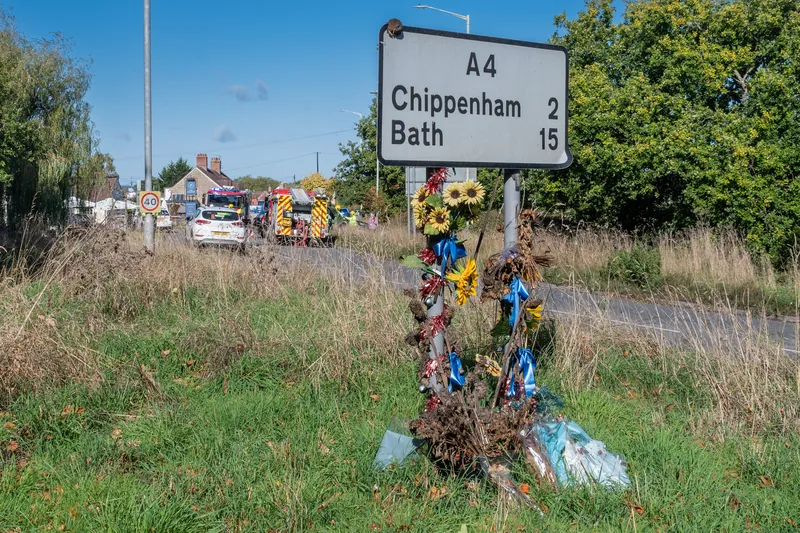UK road safety charity Brake is calling on the government to take urgent action after figures released by the Department for Transport (DfT) show little change in the number of people killed because of drink-driving.
Government figures reveal that the number of deaths involving a driver under the influence of alcohol was 240 in 2014. That figure has been consistently been reported since 2010 and looks set to continue if the provisional estimate for the 2015 figures proves to be accurate (200-290 killed).
August 5, 2016
Read time: 2 mins
UK road safety charity 4235 Brake is calling on the government to take urgent action after figures released by the 1837 Department for Transport (DfT) show little change in the number of people killed because of drink-driving.
Government figures reveal that the number of deaths involving a driver under the influence of alcohol was 240 in 2014. That figure has been consistently been reported since 2010 and looks set to continue if the provisional estimate for the 2015 figures proves to be accurate (200-290 killed).
Brake says that a road user group that has been over-represented in the government figures is men; 70 per cent of drink-drive deaths in 2014 were males and 77 per cent of those killed and seriously injured. This figure is a cause for serious concern and Brake is calling on the government to do something to increase awareness and compliance among male drivers in particular.
Unlike 2013, the age group shown as being especially at risk of dying in a drink-drive crash in 2014 was 25-39 year-olds, which accounted for a quarter of drink-drive deaths in 2014.
However, Brake cautiously welcomes the fall in 17-24 year old drivers dying as a result of drink-driving, which dropped from 25 per cent to 21 per cent between 2013 and 2014.
In addition, the number of people seriously injured by a drink-drive collision has fallen for the third consecutive year. This decrease is a promising sign, as is the reduction in the number of overall drink-drive casualties which has reached its lowest level on record (5,620). Brake cautiously welcomes this news, but urges the government to focus its attention on reducing drink-drive deaths as well as injuries on the roads.
Government figures reveal that the number of deaths involving a driver under the influence of alcohol was 240 in 2014. That figure has been consistently been reported since 2010 and looks set to continue if the provisional estimate for the 2015 figures proves to be accurate (200-290 killed).
Brake says that a road user group that has been over-represented in the government figures is men; 70 per cent of drink-drive deaths in 2014 were males and 77 per cent of those killed and seriously injured. This figure is a cause for serious concern and Brake is calling on the government to do something to increase awareness and compliance among male drivers in particular.
Unlike 2013, the age group shown as being especially at risk of dying in a drink-drive crash in 2014 was 25-39 year-olds, which accounted for a quarter of drink-drive deaths in 2014.
However, Brake cautiously welcomes the fall in 17-24 year old drivers dying as a result of drink-driving, which dropped from 25 per cent to 21 per cent between 2013 and 2014.
In addition, the number of people seriously injured by a drink-drive collision has fallen for the third consecutive year. This decrease is a promising sign, as is the reduction in the number of overall drink-drive casualties which has reached its lowest level on record (5,620). Brake cautiously welcomes this news, but urges the government to focus its attention on reducing drink-drive deaths as well as injuries on the roads.







